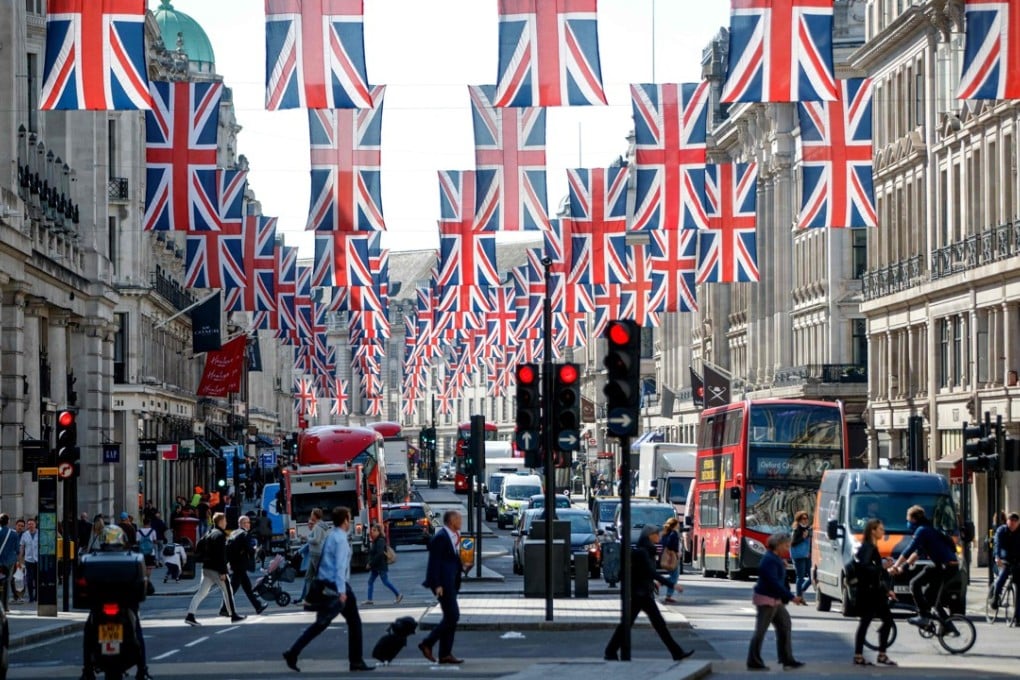Traits that made Britain great will serve it well again, post Brexit
John Longworth says the UK’s exit from the European Union, with its debt woes and clunky regulatory system, will unleash the power of the nation’s traditional advantages and create sustainable prosperity

In the first part of the 19th century, when Britain was fully in the white heat of its booming economy as the first industrialised nation on Earth, a political battle took place. This was the period of the great reform acts, opposed by the establishment of the day. These led to not just the suffrage of many more citizens, extending the democratic base and therefore the legitimacy of the state, but also to the development of free trade.
Perhaps counter-intuitively at this time, the UK reduced or remove external tariffs, because it was recognised that tariffs were self-harming. In so doing, it boosted the wealth of the nation, and set it on course for economic growth that lasted, with few interruptions, for 70 years.
Not only did it benefit Britain, but it also encouraged the benefits of free trade around the world. It established a British world system of finance and insurance, and a gold standard that provided a voluntary framework for international trade and finance, which also, incidentally, prevented the trade imbalances plaguing global finance today.
The stability of this system sustained an extended period of globalisation. Along with the advantages Britain enjoyed, based on world-class education, the rule of law and the common law system, property rights and the English language, it led to an unprecedented growth in prosperity.